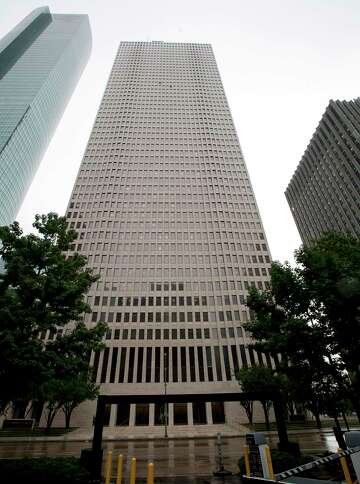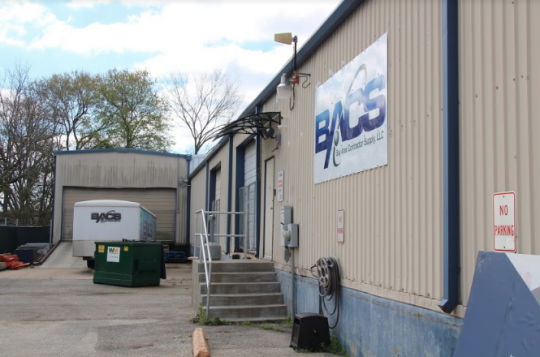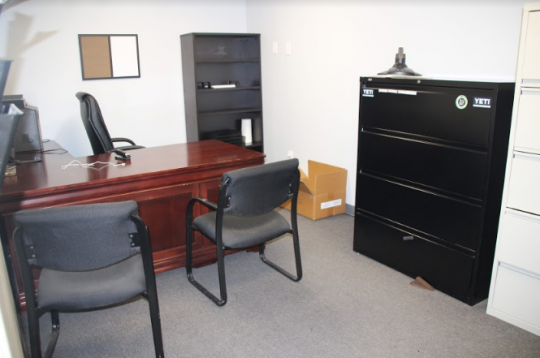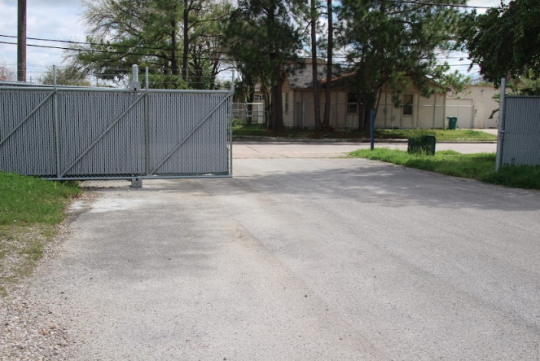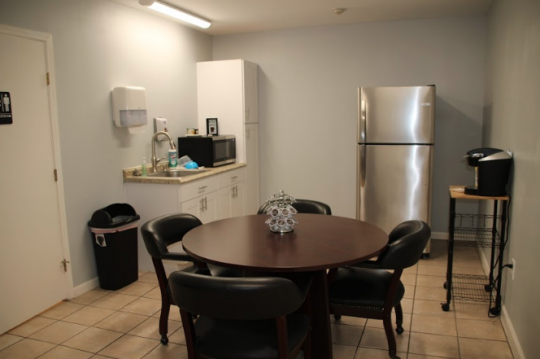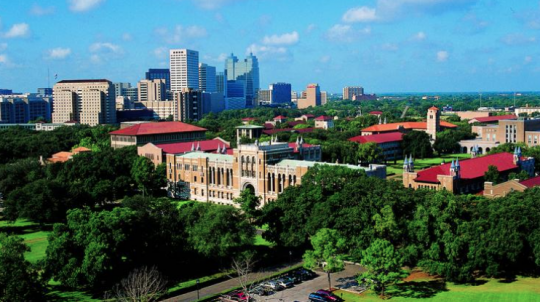Consolidated Asset Management Services Texas, a provider of project and asset management, commercial and operations services to the power generation, exploration and production and midstream sectors of the energy industry, subleased 46,607 square feet at downtown’s One Shell Plaza, 910 Louisiana, from Shell Oil Co. Adam Grimm, Andy Iversen and Audrey Selber of Newmark Knight Frank represented the subtenant. Cushman & Wakefield represented Shell. The company is currently headquartered at 919 Milam.
Holland’s Road LLC purchased five acres at 6753 FM 2920, Spring, from DL Lincoln Distillery. Diana Gaines of The J. Beard Real Estate Co. represented the seller. The vacant land, which is off Lee Road, west of Kuykendahl, will be an expansion to the adjacent eight acres under construction for Geronimo Adventure Park. The park, slated to open this summer, will have 16 zip lines across three zip line courses.
Elumatec North America leased a 15,000-square-foot industrial building at 1511 Industrial Drive in Missouri City. Darren O’Conor and Jake Wilkinson of NAI Partners represented the landlord, Bison Warehouses. Stuart Rosen of Greater Houston Commercial Properties represented the tenant.
EcoLab leased 40,320 square feet of industrial space at 13270 N Promenade Blvd., Stafford. JR Tomlinson, Griffin Rich, Louis Pascuzzi, David Creiner and Frank Puskarich of Newmark Knight Frank represented the tenant. Stream Realty Partners represented the landlord, Ranger H-TX LP.
Harrison Street, a Chicago-based real asset investment firm focused on the education, health care and storage sectors, was disclosed as the buyer of the 208,000-square-foot medical office building at 100 Fellowship Drive in The Woodlands. The building was purchased from the Howard Hughes Corp., which developed it for long-term tenant MD Anderson, for $115 million or $553 per square foot.
Overhead Doors Unlimited leased 5,517 square feet at Gessner Business Park in Houston Texas. Jim Autenreith and Sam Rayburn of Moody Rambin represented the owner, Ivest.
Sealy Land Co. leased 1,008 square feet at 7660 Woodway, near Voss and San Felipe. Peggy Rougeou of Tarantino Properties represented the landlord, 7660 Woodway LLC. Melissa Gerber Brams of Gerber Realty represented the tenant.
Wine.com renewed its lease of 18,000 at Willowbrook Distribution Center, 9333 Millsview Road. Boone Smith and Garret Geaccone of Stream Realty Partners represented the landlord, KKR.
North Houston Birth Center leased 5,554 square feet at 3800-4000 N. Shepherd for 15 years. Kat Morrison represented the landlord, Hartman Income REIT, in-house.
Icryo Enterprises expanded at 14200 Gulf Freeway. Dani Allison of Resolut RE represented the landlord.
Amran Inc. renewed its lease of 24,380 square feet at Sugar land Southwest Business Center, 12320 Cardinal Meadow Drive. Steve King of CBRE represented the tenant. Jeff Pate and Jeremy Lumbreras of Stream Realty Partners represented the landlord, DRA Advisors.
Abasi Real Estate Group purchased an 11,300-square-foot industrial building at 15600 W. Hardy Road. John Hornbuckle of Cypressbrook Co. represented the seller, Fontana Investments. Enobong Abasi of Fairdale Realty represented the buyer.
QVAL Property Advisors renewed 10,420 square feet at 15995 N. Barkers Landing for six years. Richard Maloof represented the landlord, Hartman Income REIT. CBRE represented the tenant.
The Jenkins Organization, a Houston-based company that has traditionally focused on self-storage, acquired Austin Oaks RV Resort as part of its expansion into the campground industry. The property, at 753 Union Chapel Road in Cedar Creek near Bastrop, will be rebranded as Great Escapes Austin Oaks. Planned improvements include the addition of 74 RV sites, a new pool, clubhouse, dog park and enhanced common areas.
Bayou City Hemp Co. leased 13,562 square feet in Park Row Tech Center, at 16700 Park Row Drive. Daniel Hollek of Centric Commercial represented the tenant. Jason Gibbons of Finial Group represented the landlord.
A private investor purchased the 3rd Street Village Apartments, a 48-unit complex at 310 Waco Avenue in League City and plans extensive renovations. Jeffrey Fript and Christian Mazzini of Marcus & Millichap brokered the sale.
A limited liability company purchased two apartment complexes totaling 227 units at 2120 Strawberry Road and 3201 Red Bluff Road in Pasadena. Jeffrey Fript and Christian Mazzini of Marcus & Millichap brokered the sale. The buyer plans extensive renovations.

